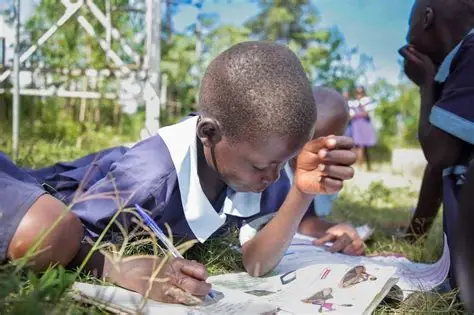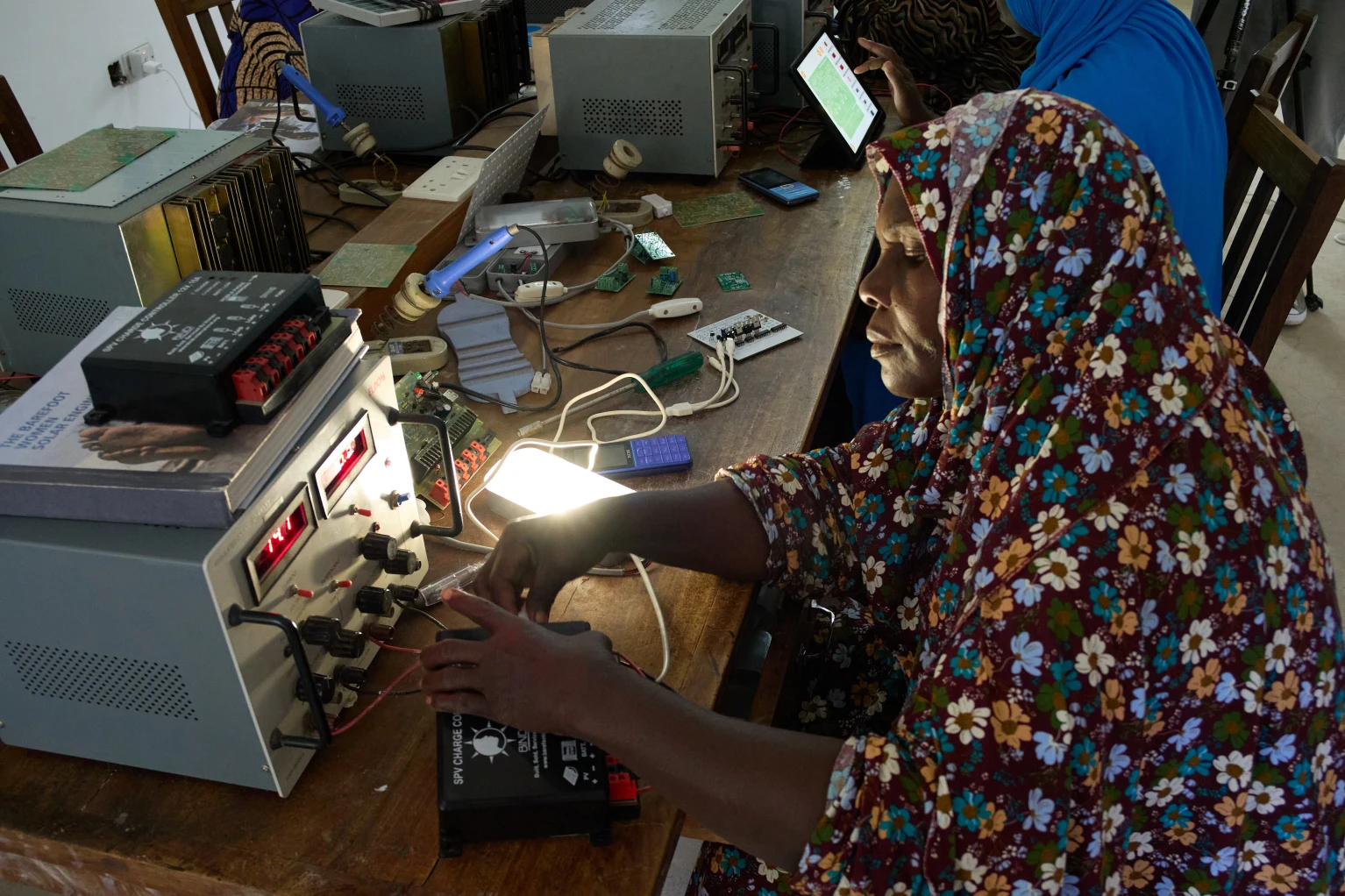
Under-pressure Kenya government has assured parents, students and other education stakeholders that preparations are complete for the transition of Grade Nine students to Grade 10 under the Competency-Based Curriculum (CBC).
The government termed the transition “a historic shift in Kenya’s education system”.
But doubts persist in the education sector for the overhyped transition after the ministry of education failed to release capitation for schools, which may force schools to shut down pending the release of funds for running the learning institutions.
Speaking in Narok after a consultative ‘Elimu Mashinani’ Stakeholder Meeting, Education Cabinet Secretary Julius Ogamba assured the public of the government’s commitment to ensuring smooth progression for all learners.
“We came to Narok as a Ministry of Education to inform Kenyans what the government is doing in the education sector and to answer the questions they may have. I want to assure them that the government is quite prepared for the transition of Grade 9 learners to Grade 10,” Dr Ogamba said.
International lawyer Njahira Gitahi questioned the assurances by the government and fell short of dismissing the chest-thumping as sheer public relations.
In an article published by the Standard, Ms Gitahi says, “The reality of this system has however been controversial, which is to be expected when on-boarding an entirely new, unfamiliar way of doing things. Teachers, students and even parents have faced immense pressure while trying to keep up with the system as it demands of them skills, support structures and equipment that may not be readily available. However, it is the most recent conversation on subject specialisation, as the pioneer students of the CBC begin their high school journeys, which has raised eyebrows.”
According to the cabinet secretary, Grade 9 learners have already embarked on the process of selecting their preferred schools and academic trajectories, which is a critical stage in the CBC or Competency Based Curriculum framework.
CBC was introduced in 2017 as a replacement for the 8-4-4 system. The new curriculum’s aim is to shift from rote memorisation to a more practical approach that develops learners’ skills and competencies. According to the government, the CBC is designed to be learner-centred and focuses on developing critical thinking, problem-solving, creativity and communication skills.
In addition, CBC takes a holistic approach to learning and is not just about examinations. It develops the learners’ cognitive, emotional and social skills, besides focusing on learners’ physical and mental health and wellness. The curriculum emphasises continuous assessment and evaluation, which means the learners’ progress is monitored throughout the learning process.
“The selection process by learners in different schools is going on well. Our learners know what they are doing, and as a government, we also know what we are doing. We have made adequate preparations so parents do not have to worry. The fact is that students will be in class come January next year as they transition from Grade 9 to 10,” Ogamba assured the country.
To effectively support this programme, the government has already employed 76,000 new teachers and plans to recruit an additional 24,000 in the coming months. A majority of the newly hired teachers, about 60 per cent, are specialised in STEM (Science, Technology, Engineering, and Mathematics) subjects, which are central to the CBC pathways.
“This is the first time in the country’s education history that learners are transitioning under the CBC from Grade 9 to 10, and later to Grades 11 and 12. We want to ensure that learners are fully supported with qualified teachers,” Ogamba noted.
In addition, the government has allocated Ksh980 million to retooling of existing teachers to ensure they are adequately prepared to handle the new curriculum demands.
To equip schools for the transition, the ministry of education has rolled out a nationwide programme to construct 1,600 laboratories in schools that currently lack the essential facilities, with a focus on rural institutions.
Ogamba explained that an assessment had already been carried out, identifying schools in need of these laboratories and construction was expected to be completed by December this year, in readiness for the January 2026 intake. The cabinet secretary also assured parents and stakeholders that all Grade 10 learners would have access to the necessary learning materials by the time they report to school.
“In respect to textbooks, publishing is going to begin this month. We will ensure that by the time students go to class in January, each and every one of them in their core courses will have a textbook in the ratio of 1:1. Resources have been pumped into this sector and I want to assure stakeholders and parents not to worry about it,” Ogamba said.
The transition of Grade 9 learners to Grade 10 is seen as a significant milestone in the implementation of CBC, which emphasises skills development, learner pathways and industry relevance.
The government’s comprehensive plan – covering teacher recruitment, infrastructure expansion, textbook availability and stakeholder engagement is intended to guarantee that no learner is left behind.
“On paper, this was an excellent idea as the 8-4-4 system did not encourage critical thinking or practical action. It focused on high grades that would churn out white collar workers. Those who failed KCSE were left behind without further institutional support. The CBE envisions a life even for those who end up in blue-collar sectors, making it ideal for all students,” Gitahi wrote.
- A Tell Media / KNA report / By Lamech Willy
Education Cabinet Secretary Julius Ogamba addresses the media at Maasai Mara Technical and Vocational Institute in Narok after presiding over the ‘Elimu Mashinani’ Forum at Maasai Mara University.








